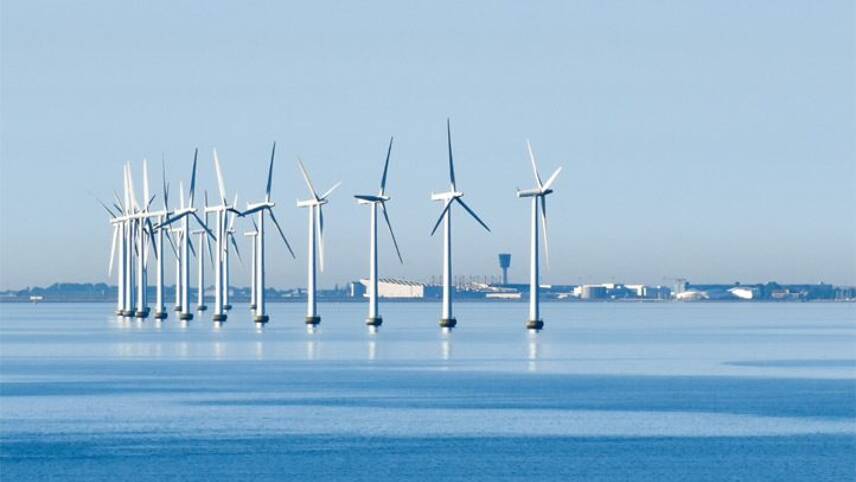Register for free and continue reading
Join our growing army of changemakers and get unlimited access to our premium content

The report notes that six million jobs are currently at risk in the global energy and transport sectors
The Agency’s special report on a sustainable recovery from the pandemic was published today (18 June), one day before EU officials are due to meet to firm up the bloc’s proposed €750bn recovery fund and as work on the UK’s recovery package is being finalised.
It lays out a string of 30 policy mechanisms which should be enacted over the next three years if the “core issues of the global recession” are to be tackled in a way which also spurs significant progress towards key targets on issues such as climate change.
Significant investment and intervention is specifically needed in the fields of renewable electricity, low-carbon transport, buildings, decarbonising heavy industry and alternative fuels.
Should these policies be followed in full by a majority of nations, the IEA claims, annual global carbon emissions in 2023 will be 4.5 billion tonnes lower than current “business-as-usual” predictions. Emissions would also never rise above a 2019 peak again.
Moreover, nine million green jobs would be either created or protected, with major gains in the retrofitting, energy generation and transport sectors, while air pollution would decrease by 5% on 2019 levels.
The IEA said that its report should serve as a reference point for policymakers and not be taken as the only possible road to a green recovery. However, the body highlighted the quantifiable economic benefits of its plan, which it claims will boost global GDP by 3.5% over three years, compared with a ‘business-as-usual- scenario.
It added that the plan would also put progress towards several of the UN’s Sustainable Development Goals (SDGs) back on track – particularly in regards to SDG 7, Clean Energy for All. Progress towards this goal has been particularly insufficient in comparison to the broader agenda. The IEA claims its plans would provide 270 million people with electricity access and 420 million people with access to clean-cooking technologies, while counteracting falling levels of financing and construction in the solar and wind sectors.
Delivering the framework in full would require a total of $1trn of investment every year through to 2024, a sum which the IEA is keen to see contributed to by the private sector alongside national governments and the wider public sector. $1trn is equivalent to 0.7% of global GDP at present.
Various green recovery frameworks have been developed by trade bodies, collaborative groups, NGOs and analysts in recent weeks, with the general public mood being an appetite to avoid repeating the mistakes of the 2008-9 recession. While emissions contracted during the recession, they rebounded sharply. Moreover, social disparities have widened in the past decade and now significantly affect two-thirds of the global population, according to the UN. The IEA noted a number of key differences with the current pandemic, such as the fact that it is also a public health crisis and that renewable energy prices are now significantly lower.
Stepping up
In December 2019, the IEA vowed to strengthen its position on climate change and “support decision-makers on how to accelerate low-emission solutions and promote clean, sustainable, affordable, resilient and safe energy technologies for reaching both near and long-term objectives”.
The pledge formed part of a communique, the first in a decade from the Agency, produced as a result of mounting pressure from climate activist circles and investors.
The Agency had been accused of using a methodology in the production of its World Energy Outlook that overstated the importance of fossil fuels and understated the importance of renewables in the future energy mix, therefore urging policymakers and industry to continue making non-Paris-Agreement-aligned investments.
Now, the new communique binds the IEA Secretariat to supporting decision-makers in policy and business to develop and deploy emerging low-and zero-emissions technologies; and to “deepening” the work of the IEA’s Energy Efficiency Hub.
Sarah George


Please login or Register to leave a comment.